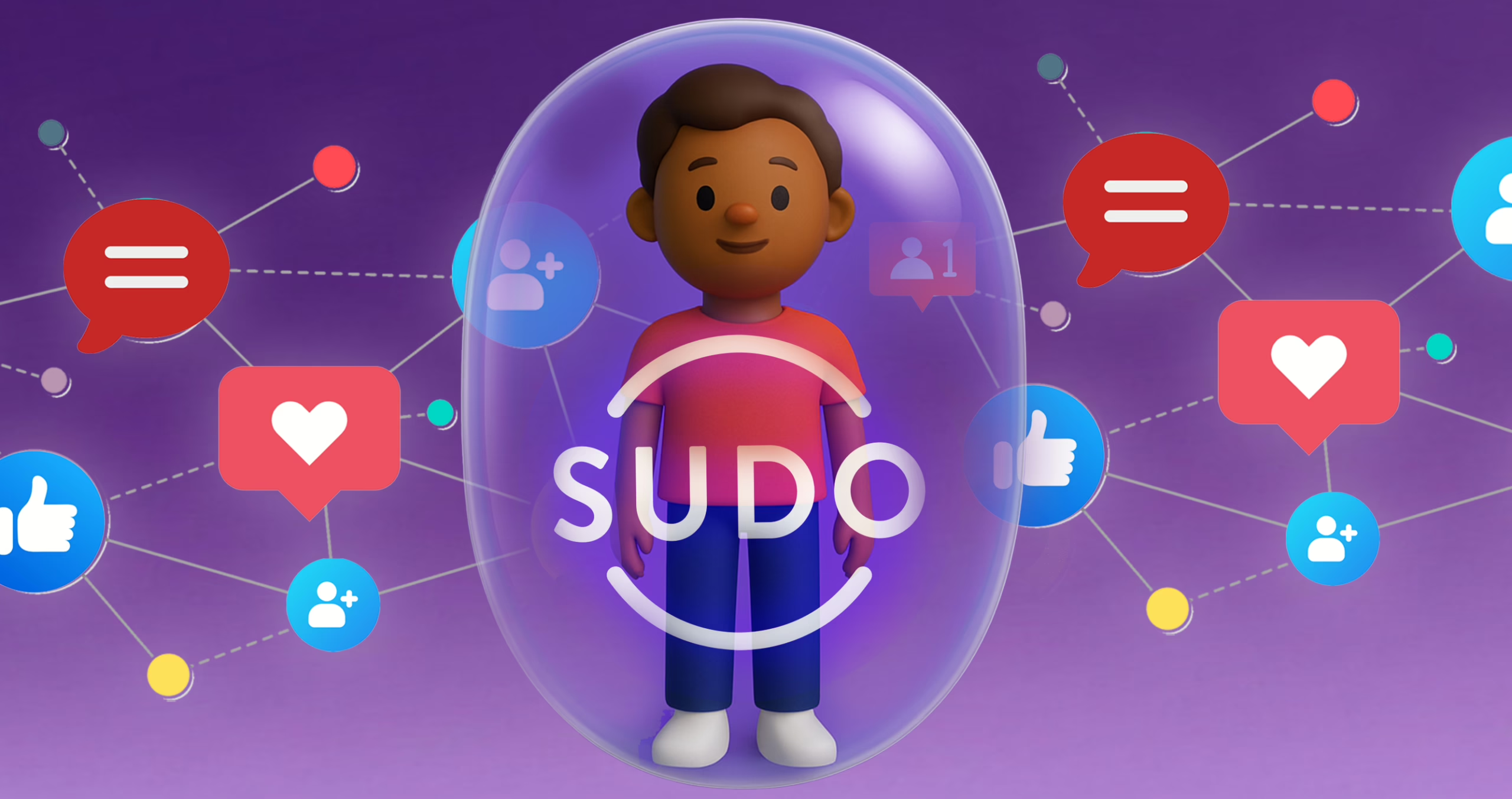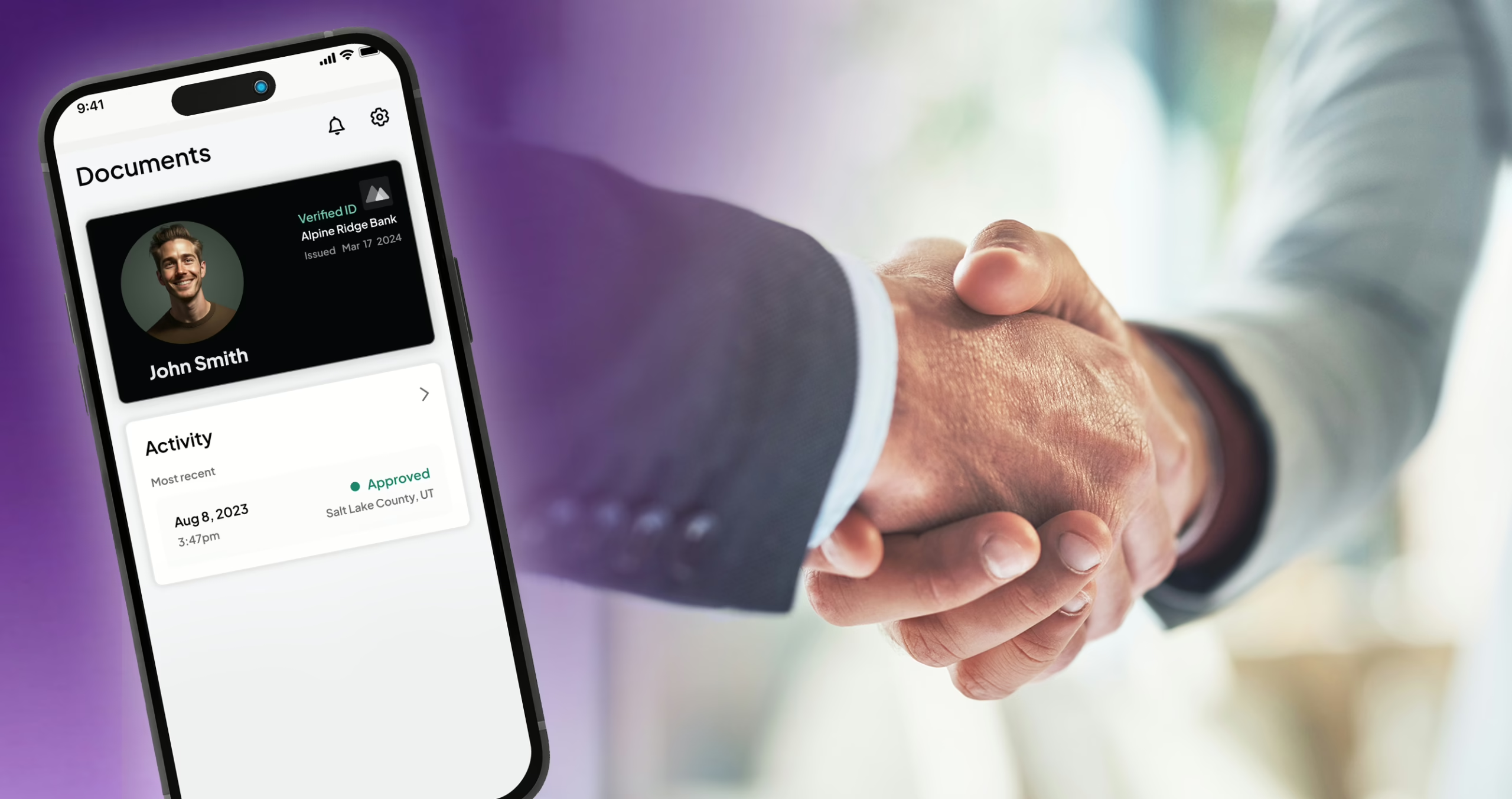There’s a tempting login option online called ‘social login’ which allows you to access a third party website using your existing social account IDs.
You’ve seen the buttons: ‘Log in with Google’ or ‘Continue with Facebook’ (or Twitter, Instagram, or LinkedIn).
It’s tempting to hit those buttons to save the bother of creating yet another account—and remembering or storing yet another username and password—but when you do, you’re really trading your personal information for access and convenience and you’re losing (big time). Here’s why.
Unless you carefully consider and agree to the information that the third party site is asking to access from your social profile (during the initial permissions process, which many people rush through), you can easily expose your personal data, including your gender, age, email, phone number, relationship status, interests, and even your full list of connections.
Almost everything you’ve put into your social accounts could be available to the third party site owner. They can then use this highly valuable data to track your activity, customize ads, and send you spam email.
What’s more, the social site from where you took your ID credentials now has a new treasure trove of off-site tracking of you too. They can see which sites you log into and how frequently, which gives them masses of data that they use to generate advertising revenue (and can lose in a data breach.) This is an example of what’s known as surveillance capitalism.
And there’s another problem with social login that might be less obvious: using the same information to create and access every web site and service you want links your personal data and makes you incredibly vulnerable to attack. If one of your accounts is breached, the others are at risk too. And the clean-up effort can be costly in terms of time and inconvenience.
So, what’s the alternative? Use MySudo.
MySudo offers secure digital identities called Sudos. Every Sudo has its own real email address, phone number, private browser, and virtual credit card (and more), plus end-to-end encrypted communications between users. You customize a secure Sudo profile for everything you do online, so you control who gets your personal information and why.
To access a new site, you would use the email address and phone number from the Sudo profile that you set up specifically for the purpose (e.g. shopping or travel). That Sudo will keep all your activity private, secure, organized, and unlinked so that if it happens to be breached, you can simply delete it and start over within seconds.
In this way, MySudo gives far greater convenience than social login ever could, because it powerfully protects your privacy, identity, and online purchasing to boot. There are no trade-off and no worries. Download the app.



